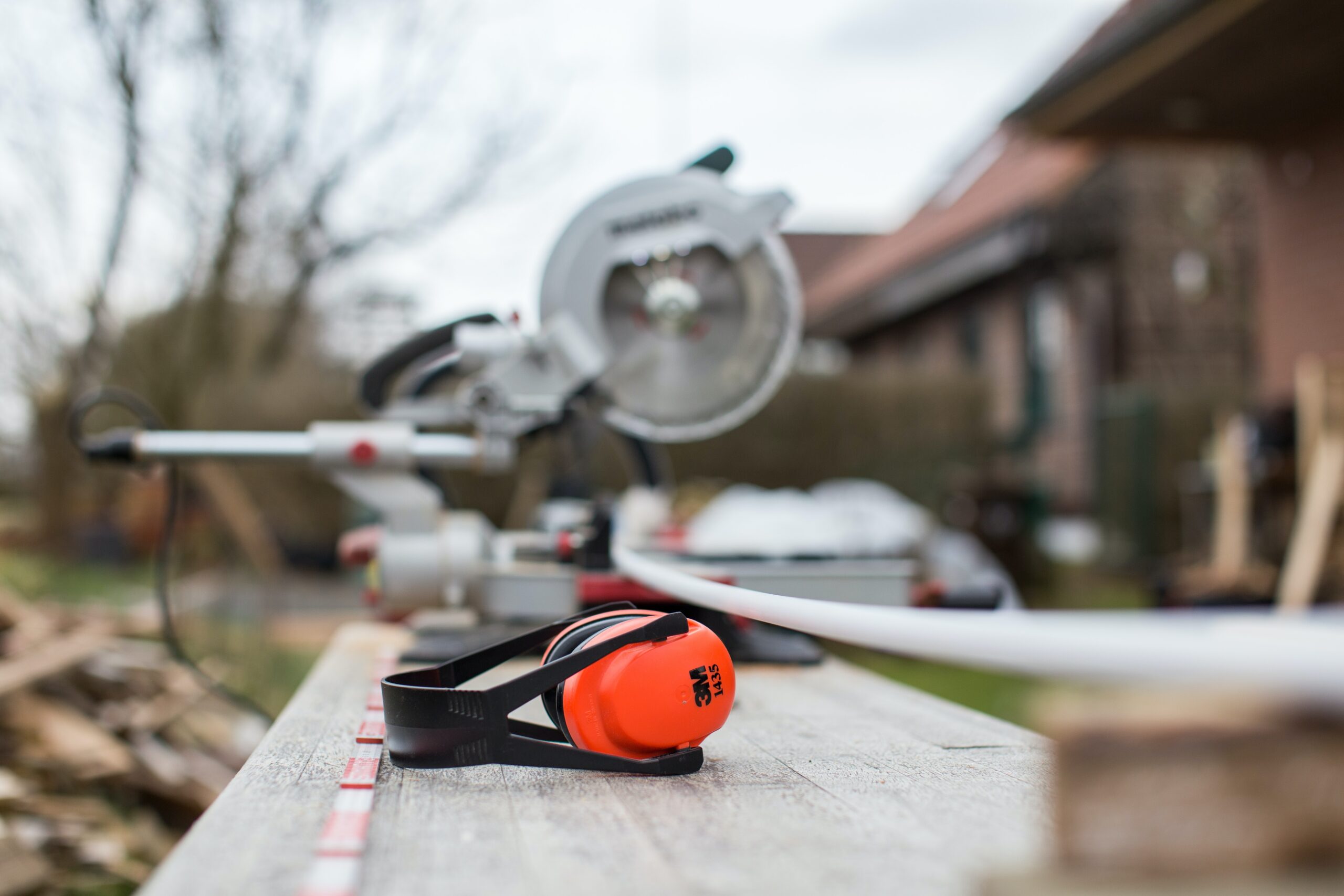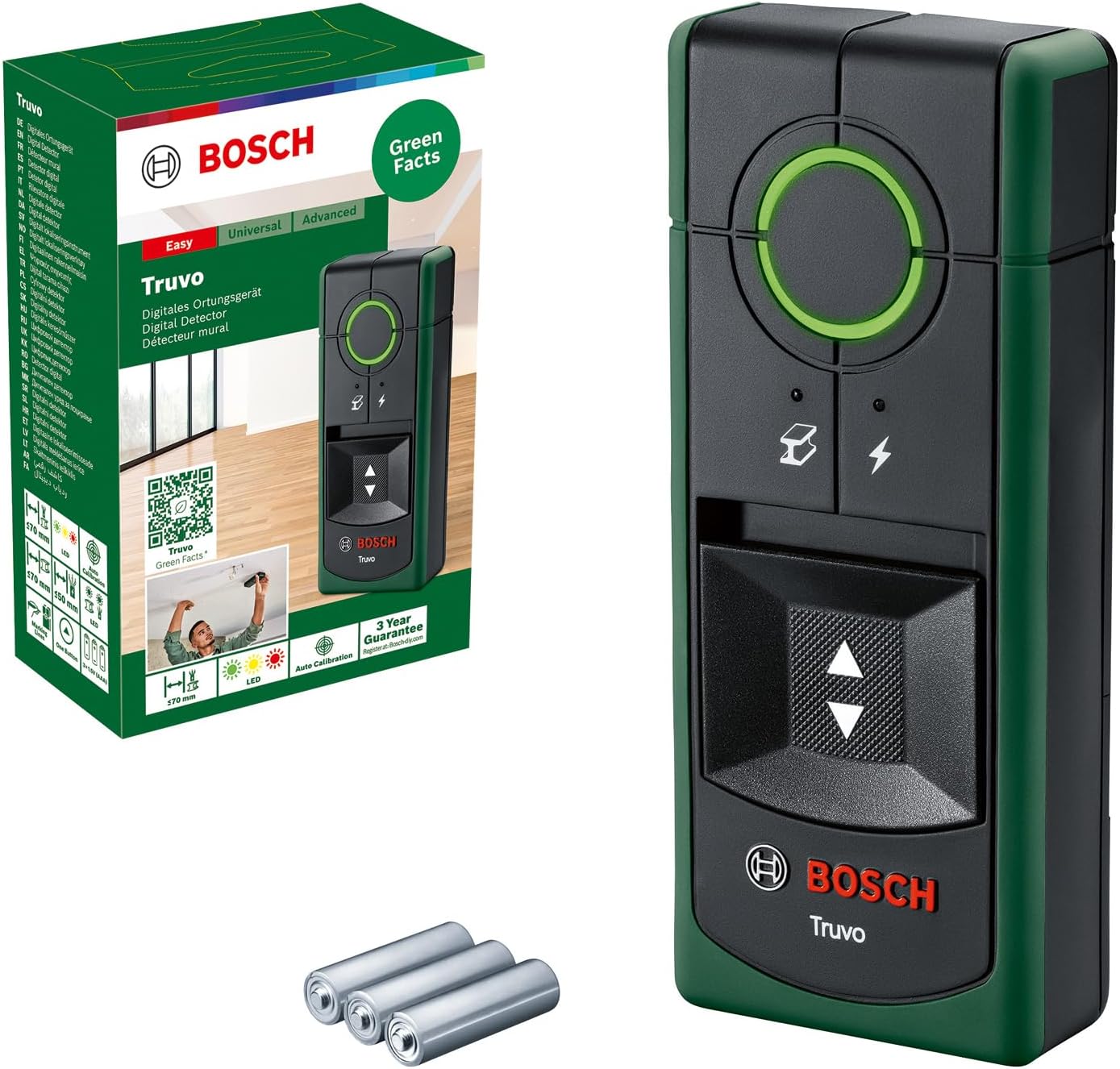Are you curious to know how aerated concrete blocks are reviewed in the UK? Look no further! In this article, we will explore the various factors that come into play when evaluating these innovative building materials. From their thermal efficiency to their sustainability, we will uncover the true value of aerated concrete blocks in the UK construction industry. So, sit back, relax, and let’s dive into a fascinating journey of discovering how these blocks are perceived and assessed in the UK market.
Advantages of Aerated Concrete Blocks
Lightweight and Easy to Handle
Aerated concrete blocks, also known as autoclaved aerated concrete (AAC) blocks, have gained popularity in the UK construction industry due to their lightweight nature. Compared to traditional concrete blocks, aerated concrete blocks weigh significantly less, making them easier to handle and transport. This advantage translates into faster construction times, as the blocks can be swiftly and effortlessly maneuvered into place by construction workers. Additionally, the lightweight nature of aerated concrete blocks reduces the load on the building’s foundation, resulting in potential cost savings during construction.
Good Thermal Insulation
One of the key advantages of aerated concrete blocks is their excellent thermal insulation properties. Due to their porous structure, these blocks have a high degree of internal air pockets, which provide superior thermal insulation. This means that buildings constructed with aerated concrete blocks can maintain a more stable internal temperature, reducing the need for excessive heating or cooling, and resulting in potential energy savings for the occupants. The insulation quality of aerated concrete blocks also contributes to a more comfortable living or working environment by minimizing heat transfer and preventing drafts.
Fire Resistant
Aerated concrete blocks have superior fire-resistant properties, making them an excellent choice for builders looking to enhance the safety of their structures. These blocks are non-combustible and do not emit toxic gases when exposed to high temperatures. The exceptional fire resistance of aerated concrete blocks provides valuable time for occupants to evacuate a building in the event of a fire, while also minimizing the risk of fire spread within the structure. This advantage can be particularly appealing in high-rise buildings or areas with stringent fire safety regulations.
Soundproofing Qualities
In addition to their thermal insulation properties, aerated concrete blocks also possess soundproofing qualities, which contribute to a quieter and more peaceful indoor environment. The air-filled pores within the blocks create a barrier to sound transmission, effectively reducing noise pollution from external sources such as traffic, construction, or neighboring properties. This advantage is especially valuable for buildings located in noisy urban areas or near busy roadways, where tranquility and peace are desired.
Disadvantages of Aerated Concrete Blocks
Higher Initial Cost
One of the potential drawbacks of aerated concrete blocks is their higher initial cost compared to traditional building materials. Due to the manufacturing process and specialized ingredients used in their production, aerated concrete blocks can be more expensive to purchase upfront. However, it is important to consider the long-term benefits and cost savings that can be achieved through improved energy efficiency, reduced maintenance, and enhanced durability. While the initial investment may be higher, the overall value and performance of buildings constructed with aerated concrete blocks can outweigh this disadvantage in the long run.
Limited Load-Bearing Capacity
Another disadvantage of aerated concrete blocks is their limited load-bearing capacity. While these blocks are suitable for various building applications, including interior and non-load-bearing walls, they may not be suitable for supporting heavy structural loads. Builders and architects need to carefully consider the intended use of the structure and consult engineering professionals to ensure that aerated concrete blocks are effectively incorporated in areas where load-bearing capacity is not a significant concern. In cases where higher load-bearing capacity is required, alternative building materials may need to be considered.
Susceptible to Freeze-Thaw Damage
Aerated concrete blocks, like many other masonry materials, can be susceptible to freeze-thaw damage in areas with harsh or fluctuating climates. When moisture enters the pores of the blocks and subsequently freezes, it can cause cracking or spalling, compromising the structural integrity of the blocks. Proper protection measures, such as adequate insulation, vapor barriers, and regular maintenance, are essential to prevent freeze-thaw damage. It is important for builders and homeowners to be aware of the climate conditions in their specific region and take necessary precautions to mitigate the risk of freeze-thaw damage when using aerated concrete blocks.
Require Skilled Installation
Installing aerated concrete blocks requires a certain level of skill and expertise. The blocks need to be handled and placed correctly to ensure a structurally sound and properly insulated building. Hiring experienced construction professionals or trained installers who understand the nuances of working with aerated concrete blocks is crucial to achieving optimal results. Improper installation can lead to issues such as air gaps, insufficient insulation, or compromised load-bearing capacity. It is essential to invest in skilled installation to maximize the benefits and performance of aerated concrete blocks in a construction project.

Comparison with Other Building Materials
Aerated Concrete Blocks vs. Traditional Concrete Blocks
When it comes to comparing aerated concrete blocks with traditional concrete blocks, the advantages lie primarily in their lighter weight, superior thermal insulation, fire resistance, and soundproofing qualities. Traditional concrete blocks are heavier, making them more challenging to handle and transport, while aerated concrete blocks offer a more efficient and quicker construction process. Additionally, the porous structure of aerated concrete blocks provides better thermal insulation, leading to reduced energy consumption and potential cost savings. Moreover, their fire resistance and soundproofing qualities ensure enhanced safety and improved comfort for building occupants.
Aerated Concrete Blocks vs. Bricks
Aerated concrete blocks have several advantages over traditional bricks. Firstly, aerated concrete blocks are lightweight, making them easier to handle and install compared to heavy bricks. Additionally, the porous structure of aerated concrete blocks provides better thermal insulation, surpassing the insulation properties of bricks and contributing to energy efficiency. Furthermore, aerated concrete blocks have excellent fire resistance and soundproofing qualities, which are lacking in traditional bricks. However, it is essential to consider the aesthetic appeal and historical significance that bricks may offer in certain architectural styles or heritage projects.
Aerated Concrete Blocks vs. Siporex Blocks
Siporex blocks, also known as cellular lightweight concrete blocks, are another type of lightweight building material that can be compared to aerated concrete blocks. Both aerated concrete and Siporex blocks have similar advantages such as lightweight properties, improved thermal insulation, fire resistance, and soundproofing capabilities. However, there can be variations in terms of manufacturing processes, specific product characteristics, and availability across different regions. Builders and architects need to assess their project requirements, local availability, and specific product features to determine the most suitable option between aerated concrete blocks and Siporex blocks.
Environmental Impact
Energy Efficiency and Reduced Carbon Footprint
Aerated concrete blocks contribute to energy efficiency and reduced carbon footprint in the construction industry. The manufacturing process of these blocks involves a lower energy requirement compared to traditional concrete blocks, reducing the overall carbon emissions associated with their production. Additionally, the excellent thermal insulation properties of aerated concrete blocks result in improved energy efficiency in buildings, reducing the need for excessive heating or cooling and the corresponding greenhouse gas emissions. By choosing aerated concrete blocks, builders and homeowners can actively contribute to sustainable construction practices and a greener future.
Recyclability and Low Waste Generation
Aerated concrete blocks are not only energy-efficient but also have recyclable properties. When buildings constructed with aerated concrete blocks reach the end of their lifespan, these blocks can be crushed into aggregate and used as a base material in new construction projects. This recyclability reduces the environmental impact of waste generation and helps to conserve natural resources. Furthermore, manufacturing processes for aerated concrete blocks prioritize minimal waste generation, further promoting sustainability and waste reduction in the construction industry.
Case Studies: Projects Using Aerated Concrete Blocks
Residential Buildings
Numerous residential buildings in the UK have been successfully constructed using aerated concrete blocks, showcasing the advantages of this building material. Developers and homeowners have reported significant benefits such as faster construction times, improved energy efficiency, and enhanced comfort. The lightweight nature of aerated concrete blocks has allowed for easier transportation and installation, while the thermal insulation properties have resulted in reduced energy consumption and lower heating bills. Additionally, the fire resistance and soundproofing qualities have provided the residents with enhanced safety and a peaceful living environment.
Commercial Buildings
Aerated concrete blocks have also found wide application in commercial buildings across the UK. These blocks have been utilized in projects ranging from office complexes to retail spaces and educational institutions. The advantages offered by aerated concrete blocks, such as ease of handling, superior thermal insulation, fire resistance, and soundproofing capabilities, have proven to be valuable in commercial construction. The lightweight nature of these blocks has facilitated faster construction times and reduced labor requirements, resulting in potential cost savings for developers. Furthermore, the energy-efficient and sustainable characteristics of aerated concrete blocks align with the growing emphasis on green and sustainable building practices in the commercial sector.
Customer Reviews and Feedback
Durability and Longevity
Customers who have utilized aerated concrete blocks in their construction projects have praised their durability and longevity. The blocks have demonstrated excellent resistance to wear and tear over time, maintaining their structural integrity even in challenging environmental conditions. Builders and homeowners have reported that buildings constructed with aerated concrete blocks remain robust and stable, with minimal maintenance requirements. The long lifespan of these blocks contributes to the overall value and cost-effectiveness of the structures.
Ease of Installation
Customers have consistently highlighted the ease of installation as one of the significant advantages of aerated concrete blocks. The lightweight nature of the blocks simplifies the handling and maneuvering process, resulting in faster construction times and reduced labor costs. Builders have appreciated the efficiency and ease with which the blocks can be laid, as they fit together seamlessly and provide a smooth surface for finishing. The ease of installation associated with aerated concrete blocks has garnered positive feedback from both professionals and DIY enthusiasts.
Thermal Performance
The thermal insulation properties of aerated concrete blocks have been praised by customers for their effectiveness in maintaining a comfortable indoor temperature. Buildings constructed with aerated concrete blocks have demonstrated improved energy efficiency, leading to reduced heating and cooling costs. Customers have reported a more stable and consistent internal temperature, resulting in year-round comfort for occupants. The thermal performance of aerated concrete blocks has received positive reviews and has been a key factor in the decision-making process for customers.
Soundproofing
Customers have also highlighted the soundproofing qualities of aerated concrete blocks as a significant advantage. Buildings constructed with these blocks have provided a quieter and more peaceful indoor environment, shielding occupants from external noise sources. Whether located in busy urban areas or near transportation routes, customers have reported reduced noise pollution inside the buildings. The soundproofing capabilities of aerated concrete blocks have been particularly appreciated in residential buildings, where peace and tranquility are essential.
Overall Satisfaction
Overall, customers who have chosen aerated concrete blocks for their construction projects have expressed high levels of satisfaction. The numerous advantages offered by these blocks, including their lightweight nature, thermal insulation, fire resistance, and soundproofing qualities, have translated into enhanced comfort, energy efficiency, and safety. The durability, ease of installation, and positive environmental impact have also contributed to customers’ overall satisfaction. These positive reviews and feedback reflect the growing popularity and acceptance of aerated concrete blocks in the UK construction industry.

Regulations and Standards
UK Building Regulations
Aerated concrete blocks used in construction projects need to comply with the appropriate UK Building Regulations. These regulations ensure that buildings are constructed and designed to meet specified safety, energy efficiency, accessibility, and health requirements. Compliance with the Building Regulations is essential to ensure the structural integrity, fire safety, and performance of buildings constructed with aerated concrete blocks. Builders and architects should consult the relevant regulations and seek guidance from the local authorities or building control bodies to ensure compliance and obtain necessary approvals.
British Standards
In addition to complying with Building Regulations, aerated concrete blocks manufactured and used in the UK should meet specific British Standards. British Standards, such as BS EN 771-4 for aerated concrete masonry units, set the requirements for manufacturing, testing, and performance characteristics. These standards ensure consistency, quality, and reliability in the production and use of aerated concrete blocks. Builders and specifiers should verify that the blocks they choose or manufacture comply with the applicable British Standards to ensure the desired performance and safety levels.
European Standards
The UK construction industry follows certain European Standards that also apply to aerated concrete blocks. The relevant standards include EN 771 series, covering masonry units, and EN 1520 standard, which addresses fire resistance testing of building components. Compliance with European Standards ensures that aerated concrete blocks meet the requirements for structural properties, thermal performance, and fire resistance established at the European level. Builders and manufacturers should consider these standards when selecting or manufacturing aerated concrete blocks for use in construction projects.
Availability and Market Trends
Suppliers and Manufacturers
Aerated concrete blocks are readily available in the UK, with numerous suppliers and manufacturers offering a wide range of products. Leading manufacturers in the UK include H+H UK, Tarmac, Thomas Armstrong, and Xella Aircrete. These companies have established a strong presence in the market and provide reliable and high-quality aerated concrete blocks. Builders and contractors can easily source these blocks from various suppliers, including specialized construction material suppliers or directly from the manufacturers.
Market Share
The market share of aerated concrete blocks in the UK construction industry has been steadily increasing over the years. As builders and architects become more aware of the advantages offered by these blocks, the demand for aerated concrete as a building material has grown. The lightweight nature, thermal insulation properties, fire resistance, and soundproofing capabilities have contributed to the expanding market share of aerated concrete blocks. Sustainable construction practices and the focus on energy efficiency have further propelled the growth and acceptance of these blocks in the market.
Trends and Future Prospects
The future prospects for aerated concrete blocks in the UK construction industry remain positive. With a growing emphasis on energy-efficient and sustainable construction practices, the use of aerated concrete blocks is expected to increase further. Advances in manufacturing technologies, improved product performance, and ongoing research and development efforts are likely to drive innovation and expand the application possibilities of aerated concrete blocks. Additionally, the market is expected to witness increased competition as more manufacturers recognize the potential and benefits of aerated concrete blocks, leading to improved product availability and cost competitiveness.
Expert Opinion and Recommendations
Architects and Engineers
Architects and engineers have generally praised the advantages offered by aerated concrete blocks in construction projects. They appreciate the lightweight nature of these blocks, as it allows for more creative designs, easier transportation, and faster construction times. The excellent thermal insulation properties, fire resistance, and soundproofing qualities of aerated concrete blocks align with the architectural and engineering goals of creating energy-efficient, safe, and comfortable buildings. Architects and engineers recommend the use of aerated concrete blocks in appropriate applications to maximize the benefits of this versatile building material.
Sustainability Experts
Sustainability experts endorse the use of aerated concrete blocks due to their eco-friendly characteristics. The reduced energy consumption during manufacturing and the recyclable nature of these blocks contribute to a lower carbon footprint in the construction industry. Sustainability experts encourage builders, developers, and homeowners to choose aerated concrete blocks as they align with the principles of sustainable construction, energy efficiency, and waste reduction. The improved thermal insulation properties of these blocks further support sustainable building practices by reducing energy consumption and greenhouse gas emissions.
Construction Industry Professionals
Construction industry professionals, such as contractors and builders, have consistently recommended aerated concrete blocks due to their ease of installation, superior thermal insulation, fire resistance, and soundproofing capabilities. These blocks have proven to be reliable and efficient in various construction projects, resulting in faster construction times, enhanced energy efficiency, and increased occupant comfort. Construction professionals emphasize the importance of skilled installation when using aerated concrete blocks to ensure proper placement, insulation, and structural integrity. They recommend collaborating with experienced contractors and installers familiar with working with aerated concrete blocks.
Conclusion
In conclusion, aerated concrete blocks offer numerous advantages that make them an appealing choice for construction projects in the UK. Their lightweight nature, ease of handling, and faster construction times contribute to enhanced efficiency on the job site. The thermal insulation properties, fire resistance, and soundproofing qualities ensure energy efficiency, safety, and occupant comfort. While there are some disadvantages to consider, such as the higher initial cost and limited load-bearing capacity, the long-term benefits and value of buildings constructed with aerated concrete blocks often outweigh these drawbacks.
When compared to traditional concrete blocks, bricks, and Siporex blocks, aerated concrete blocks stand out due to their unique combination of advantages. They offer superior thermal insulation, fire resistance, and soundproofing qualities that may not be present in other materials. Furthermore, aerated concrete blocks contribute to sustainability efforts through energy efficiency, low waste generation, and recyclability.
Customer reviews and feedback indicate high levels of satisfaction with aerated concrete blocks, emphasizing their durability, ease of installation, thermal performance, and soundproofing capabilities. Compliance with UK Building Regulations and British Standards ensures the safety, structural integrity, and performance of buildings constructed with aerated concrete blocks. With a growing market share and positive future prospects, aerated concrete blocks continue to be a preferred choice in the UK construction industry, recommended by experts across various disciplines.












